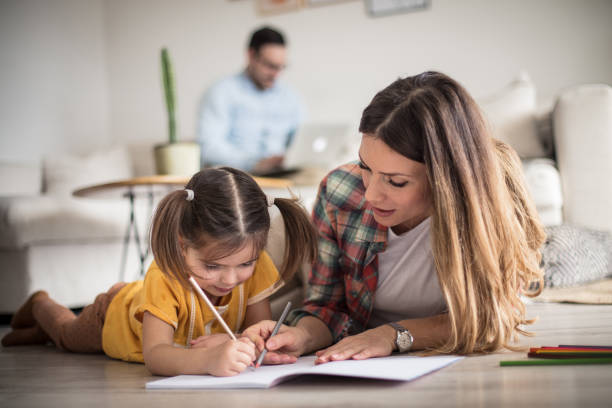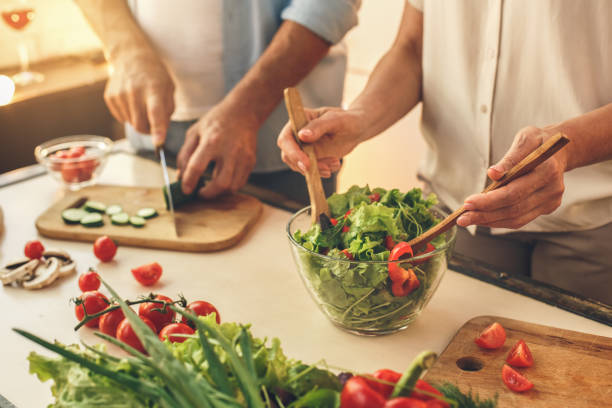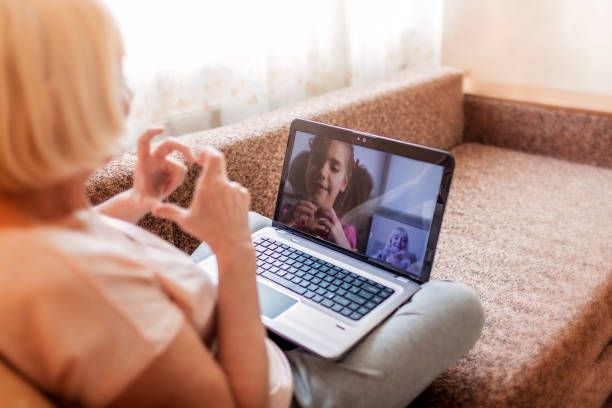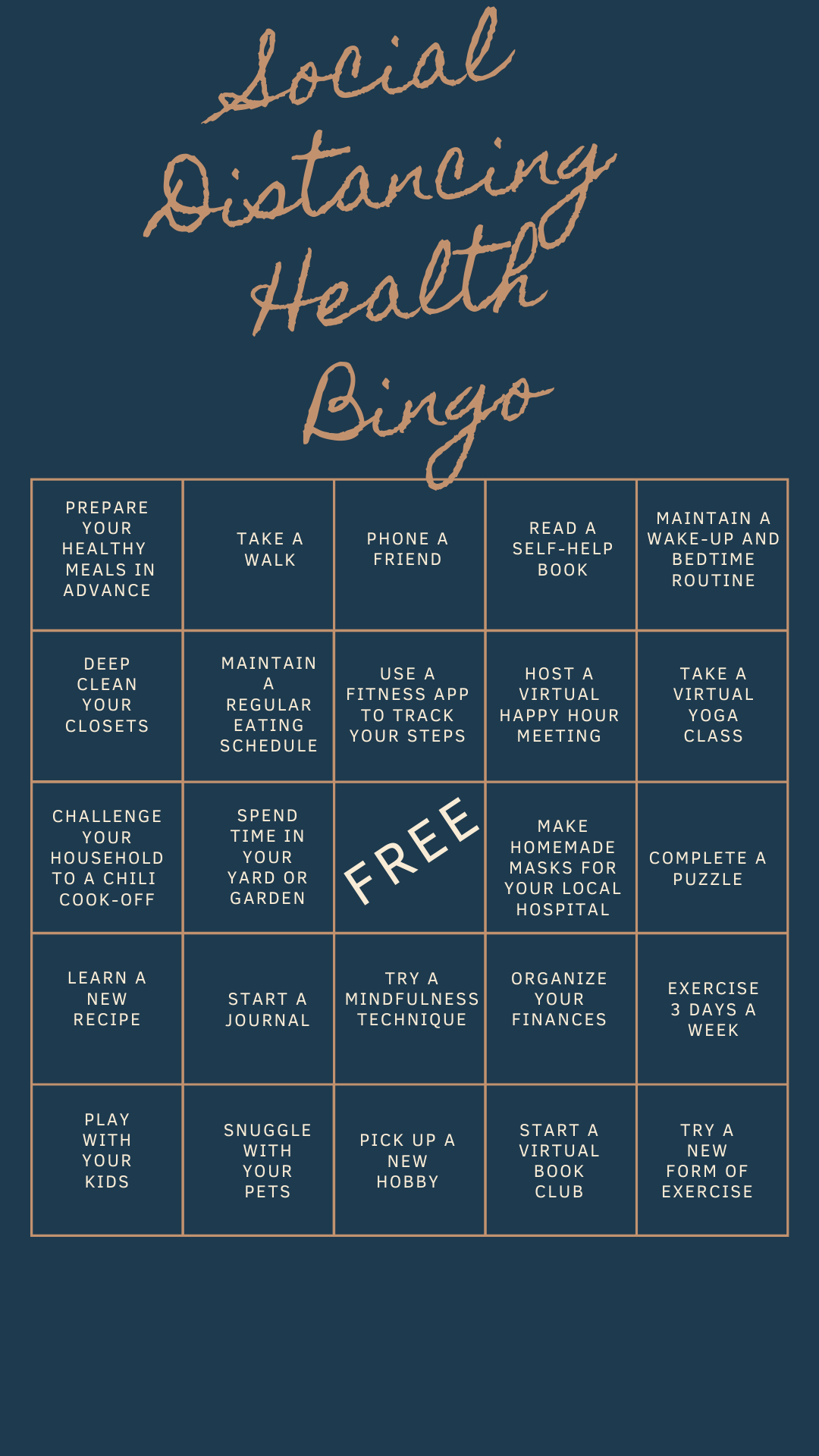
Without a definitive end in sight, social distancing can be a recipe for stress. Unfortunately, self-isolation has taken away for many of us some of our means to manage our stress. In less than a week, without the means to manage our stress productively, most of us are now home eating, drinking, streaming videos, and sleeping excessively to help us cope. Many of us have recognized the need to develop some home isolation stress management techniques, here are some ideas to help you develop yours.
Maintain a Routine and Schedule:
- Keep up with personal hygiene. Yes, even if you have nowhere to be, it helps to get showered, dressed, do your hair, shave, even put on a little make up.
- Keep a normal bedtime and wake time.
- Schedule activities as part of your routine.
- For example, eat at set times, like 9 am, 12 pm, and 5 pm, as opposed to grazing all day long.
- Watch TV at set intervals (7-8 am and 4-5 pm). This allows you to limit getting sucked into overdosing on daily news or watching TV all day.
- If you struggle with limiting your time, use your phone or oven timer to set an alarm to notify you when you should switch to a new activity.
Develop Health Eating Habits:

Start prepping your meals and snacks for the day in the morning, much like you would do if you were going to work. This allows you to set limits on the types of food you eat as well as the amounts. Use a food tracking app to allow awareness for how much you are eating compared to burning. If you are moving and exercising less, and do not adjust your food and drink intake accordingly, you will likely gain weight.
Exercise (Indoors and Outdoors):
Exercise helps keep your anxiety low, increases feelings of control, and helps you be able to sleep better. Regular exercise (three days per week) for as little as thirty minutes, such as brisk walking, is enough for health benefits, including improved mood. There are numerous yoga classes available online. Recently, Harvard Medical School recommended yoga as a specific way to deal with Corona related anxiety.
Whenever possible, take your exercise routine outside. Going out in nature has shown to decrease stress, post immunity, and increase Vitamin D production. Studies have shown that going outside (While adhering to social distancing protocol) can improve physical health in people of all ages.
Maintain Contact with Others:
 Regardless of our current situation, many people need contact from other people to manage their stress. Friendship is important for both our mental and physical health; friendship also plays a role in the way the body processes stress. When you spend time with people you like, your body may produce less of the stress hormone, cortisol.
Regardless of our current situation, many people need contact from other people to manage their stress. Friendship is important for both our mental and physical health; friendship also plays a role in the way the body processes stress. When you spend time with people you like, your body may produce less of the stress hormone, cortisol.
Find ways to be “virtually” social: Online yoga classes, book clubs, and old-school party lines are popping up all over to help people have a social release. One such activity that seems exceptionally timely is the Happiness Project.
Engage in a Hobby:
Gardening, painting/drawing, cooking, playing a musical instrument, knitting/sewing, reading, puzzles/crosswords/sudoku are all activities that have been shown to improve our mental health. These activities allow people to increase their sense of control and accomplishment and can give people a sense of purpose of meaning. In our current circumstances, these activities give us an opportunity for distractions. Doing things that allow us to fully concentrate our focus on one specific activity (mindfulness) can be very helpful to reduce stress as well. If you do not currently have a hobby, now is a time to pick one up. There are many online resources that can assist you in learning various hobbies and skills.
 There are many online courses available for picking up a new hobby or learning a new skill—there has never been a better time to do so. From gaining a new skill to advance your career to learning how to increase your happiness and engage in more productive habits. Harvard and Yale are two of eight universities offering free online courses.
There are many online courses available for picking up a new hobby or learning a new skill—there has never been a better time to do so. From gaining a new skill to advance your career to learning how to increase your happiness and engage in more productive habits. Harvard and Yale are two of eight universities offering free online courses.
Turn to the Arts
When you need a quick mental release, there are a number of entertainment options available that weren’t around before social distancing. Billboard updates all virtual concerts and live stream events of our favorite artists daily. Glamour has a list of those artists who are offering virtual concerts for free.
Art lovers can take virtual tours of museums, many zoos are already filming their animals, and Broadway plays are available to stream, as well.

While the virus has limited our ability to travel, there are a dozen ways we can physically escape (walk, bike, play outside, etc.), get an emotional boost (call relatives, host a virtual happy hour, facetime a friend and share a vent session), and take a mental vacation (pick up a new skill, take a virtual tour, watch a concert and dance to your heart’s content). We will all have good days and bad, but it is important that we look towards positive coping techniques to help us get through this period.




Join the Conversation